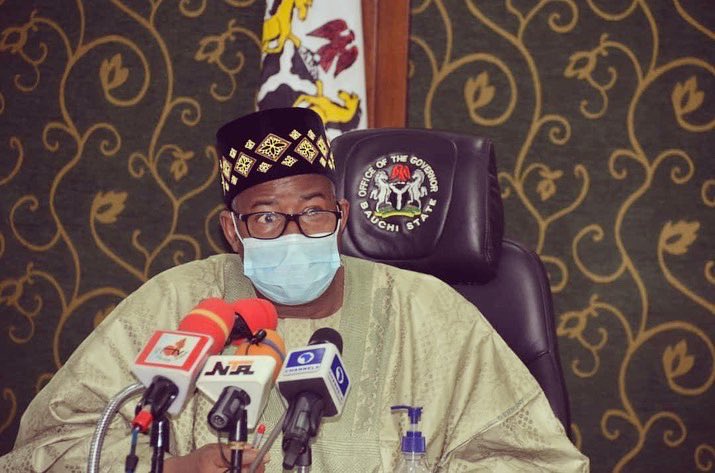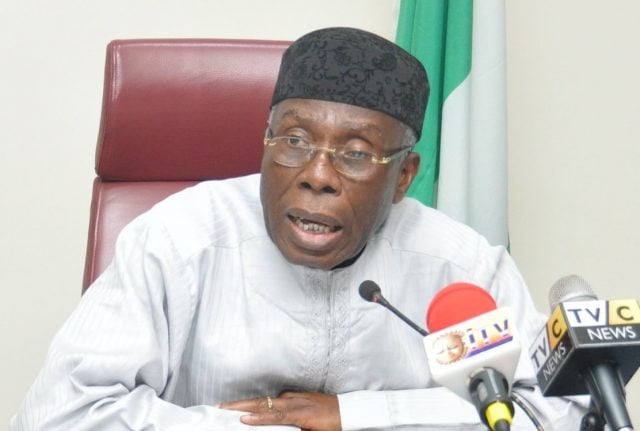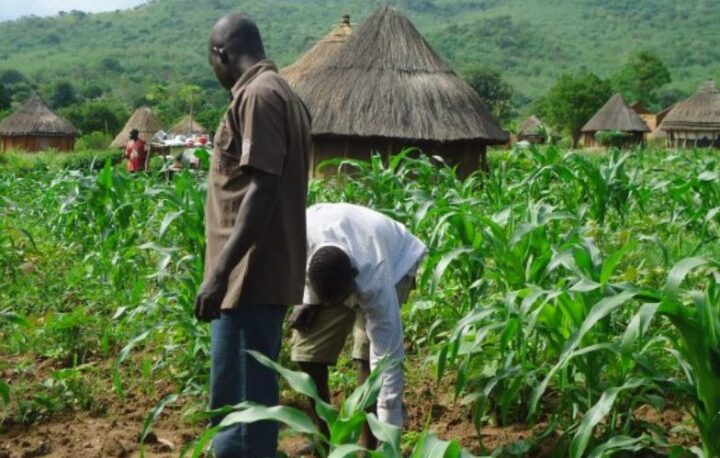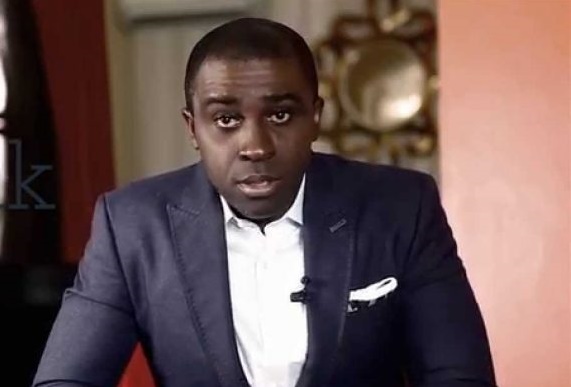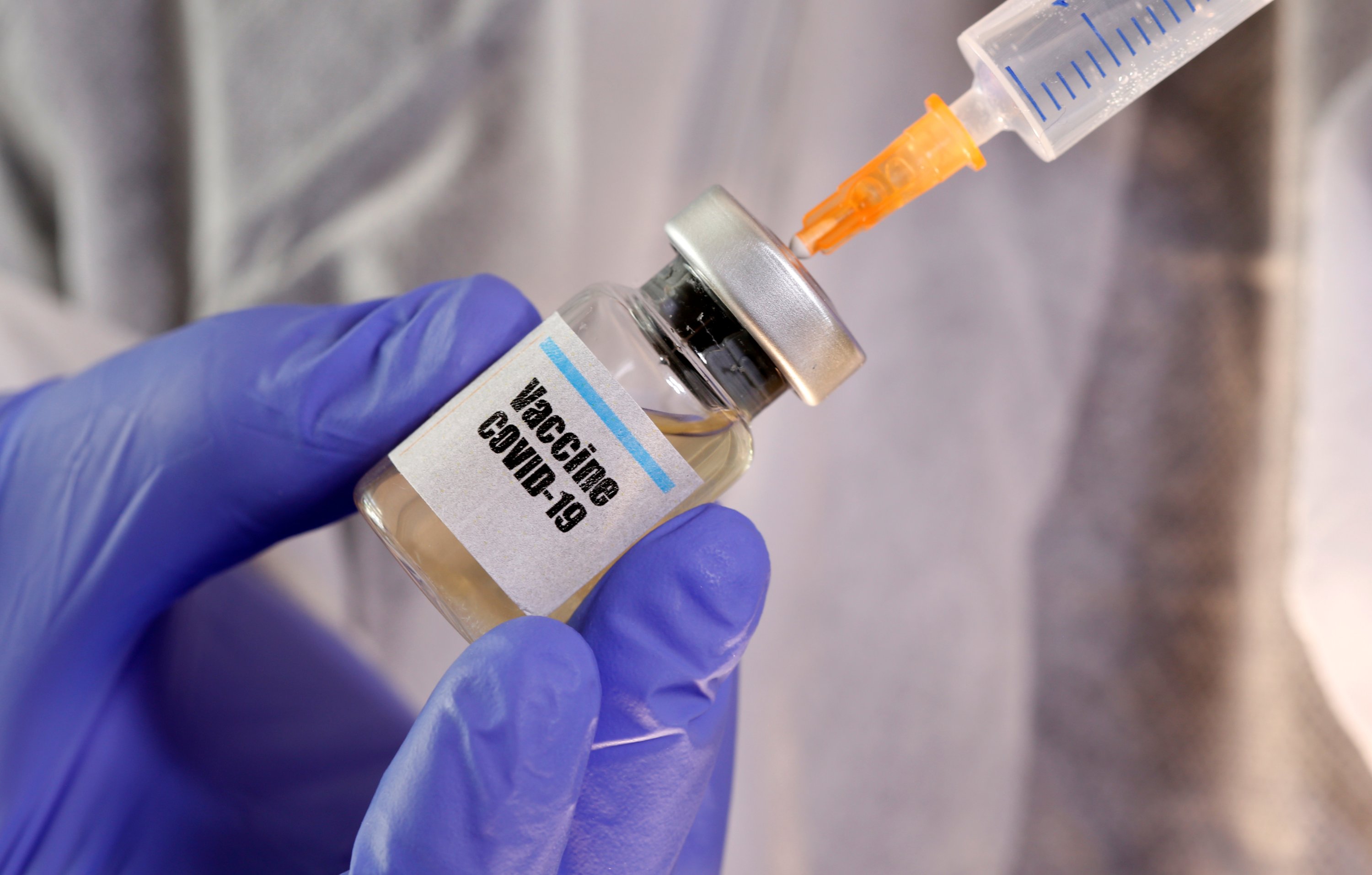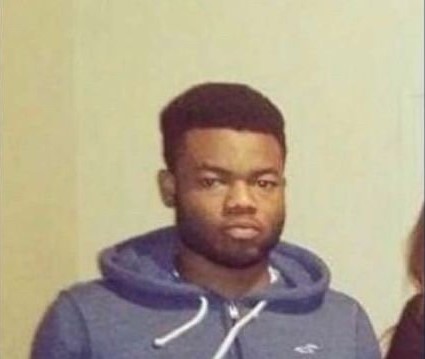The year 2020 came with a lot of unexpected events. The world, not excluding Nigeria, saw it all — the good, the bad, the ugly. However, two major events — the COVID-19 pandemic and the EndSARS protests — shaped how the year went down in Nigeria.
COVID-19
It started as what was simply referred to as a flu in Wuhan, a city in China’s Hubei province in December 2019. On February 11, the World Health Organisation (WHO) officially named the disease COVID-19, caused by a new strain of the coronavirus — the disease would later spread to over 200 countries, with a significant part of physical activities brought to a halt. Nigeria became the 52nd country to confirm a positive case of COVID-19 after an infected Italian citizen entered Lagos on February 25 from Milan on a business visit.
On March 9, President Muhammadu Buhari set up a presidential task force (PTF) to coordinate and oversee government’s efforts to mitigate the impact of the COVID-19 pandemic in Nigeria. The first phase of the lockdown was announced, starting with Lagos, Abuja and Ogun on March 30, for an initial period of 14 days.
Advertisement
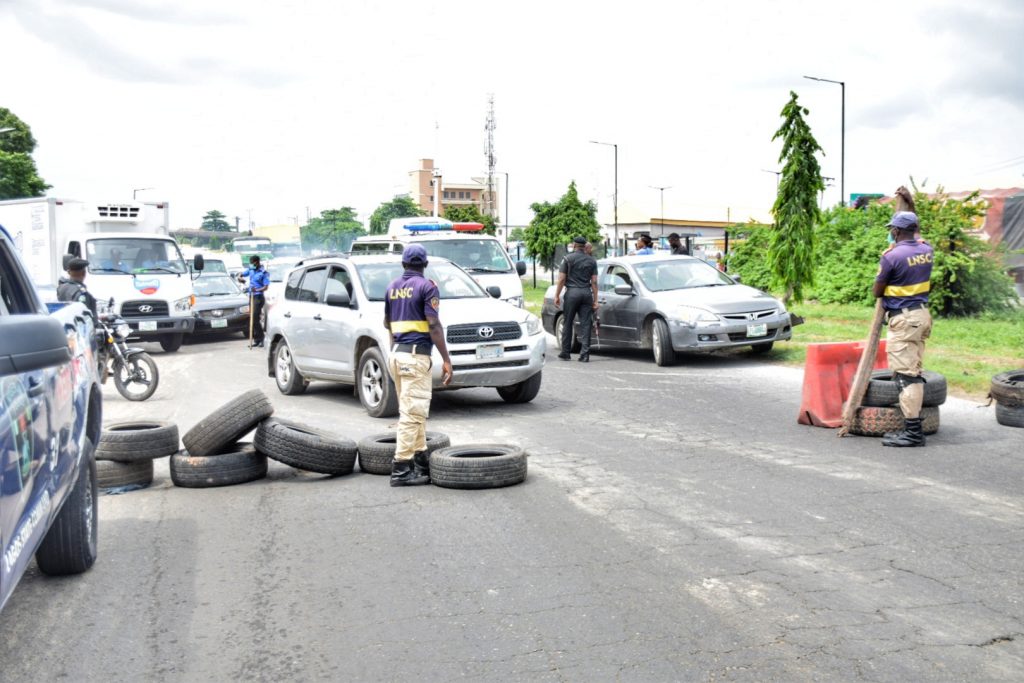
The federal government also closed all airports to international flights in March. On April 27, the government banned interstate travel across the 36 states of the country.
The education sector was not left out as on March 19, the federal government ordered the closure of tertiary institutions and unity schools across the nation. Gradually, individual states joined, starting with Lagos. The 21-day National Youth Service Corps (NYSC) orientation programme was also suspended.
Advertisement
As a way of curbing the spread of COVID-19, WHO advised that people wear face masks — including those made from clothing materials — to protect themselves from contracting the virus and to prevent its spread to others. Nose masks, which would ordinarily be worn by a small circle of people including medical professionals and industry workers, became the new norm. Fashion crept in and paved way for various designs, materials, shapes, and colours. Some even wore customised face masks to match their clothes.

Trust Nigerians to take advantage of every situation. Hand sanitisers and surgical face masks became pricey and scarce in the wake of the pandemic, and this gave room for small and medium businesses to bridge the lacuna created by high demand. Local tailors keyed in and made masks made from clothing materials. Necessity, they say, births invention. Face shields became very popular in the market. The lockdown also created an avenue for the logistics business to thrive.
Global oil prices took a hard hit owing to the COVID-19 pandemic and Nigeria was not left out, given that crude oil accounts for half of the government’s income and about 90 percent of the country’s foreign exchange earnings. The halt of business activities in the country also had a negative effect on the economy.
As early as April, the International Monetary Fund (IMF) said Nigeria was heading into its worst recession in 30 years, projecting that the country’s economy will recede by 3.4 percent in 2020. In November, Nigeria officially slid into its worst recession in over three decades after the nation recorded a GDP contraction of 3.62 percent in the third quarter of 2020.
Advertisement
And just when the world thought it was finally winning that battle against COVID 19, especially with the production of vaccines that are as high as 90 percent effective, new strains of the virus have emerged in the UK, South Africa and Nigeria. The new strains, said to be more contagious, seem to have set back the gains made as the world is going back to suspending flights, shutting down schools and restricting movement.
As of December 30, Nigeria had recorded 86,576 confirmed COVID 19 cases, of which 73,332 had recovered, while 1,278 people have died — according to figures from the Nigeria Centre for Disease Control (NCDC). Suleiman Achimugu, former managing director of the Petroleum Products Marketing Company (PPMC), was the first confirmed person to die from the virus on March 22.
Globally, according to Worldometer, there are over 80 million confirmed cases, with more than 58 million recoveries and 1.8 million deaths.
#EndSARS
Advertisement
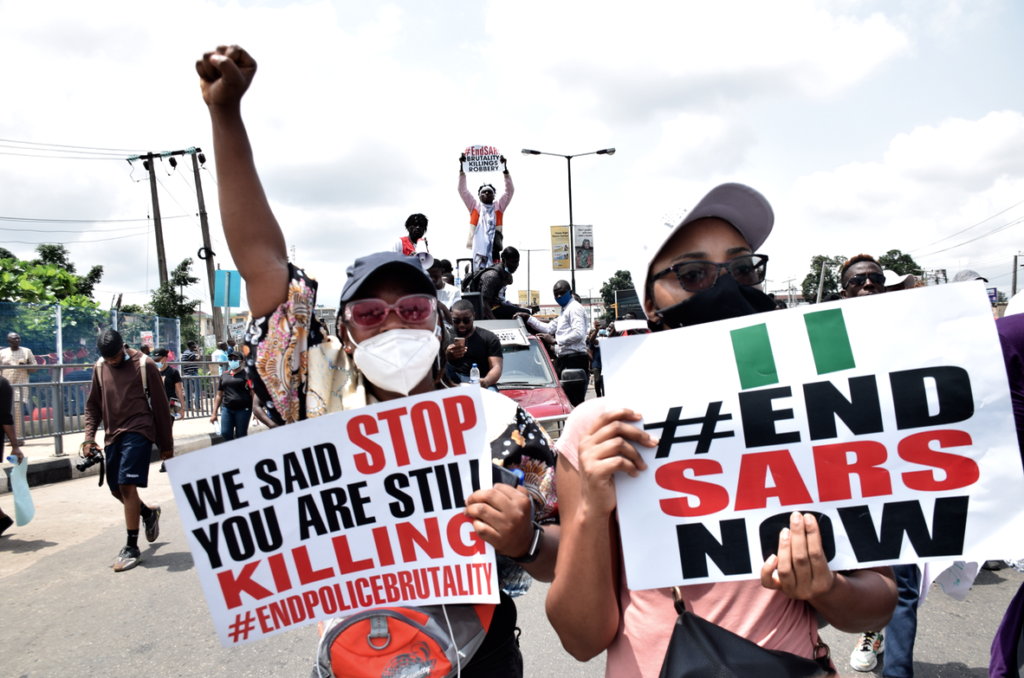
Another major event that shaped Nigeria in 2020 was the #EndSARS protests. From Lagos to Osun, Ondo to Rivers, all the way down to the federal capital territory (FCT), Nigerians took to the streets to call for the disbandment of the now-defunct special anti-robbery squad (SARS).
Advertisement
The protest started on October 10 after the alleged harassment of a young man in Delta state, and the brutalisation of another person in Lagos. The protesters, who took over major streets across Nigerian cities, demonstrated against police brutality and human rights abuses.
Following the protests, Mohammed Adamu, inspector-general of police (IGP), disbanded the SARS unit. President Muhammadu Buhari also issued a directive for a reform of the police force. The special weapons and tactics (SWAT) unit was set up to replace the disbanded SARS.
Advertisement
In addition, the federal government also accepted the five-point demand of the #EndSARS protesters, which included justice for all deceased victims of police brutality and compensation for their families; immediate release of all arrested protesters; setting up an independent body to oversee the investigation and prosecution of all reported police misconduct within a period of 10 days; carrying out psychological evaluation and retaining of all disbanded SARS operatives before they can be redeployed, and increase of salaries with additional compensation for police officers.
However, the protest degenerated into chaos as hoodlums went on a rampage, destroying government and private properties. Several persons were also killed during the crisis. Things took a further drastic turn on October 20 when soldiers arrived at the Lekki tollgate area of Lagos and started shooting in what appeared to be an attempt to disperse the protesters who had gathered there.
Advertisement
The Lekki shooting led to widespread condemnation within and outside the country, and also generated controversy over the number of people that were allegedly killed at the protest venue.
The army initially denied its officers were present at the tollgate, but later admitted that its men were invited to restore order and that they only fired blank bullets into the air and not at protesters.
Following the Lekki shooting, private and government-owned facilities were vandalised and looted. Police stations, local government secretariats as well as vehicles were burnt. There were also instances of jailbreaks in the Nigerian Correctional Service (NSC) facility in Ondo and Edo states where inmates were set free. Warehouses with COVID-19 palliatives were discovered in some states leading to massive looting.
To forestall more violence, governors imposed curfew on their states and banned further protests. Also, in a move to deliver justice for all victims of the disbanded SARS and other police units, state governors were directed by the National Economic Council (NEC) to establish judicial panels across the country.
RAPE CASES AND GENDER-BASED VIOLENCE
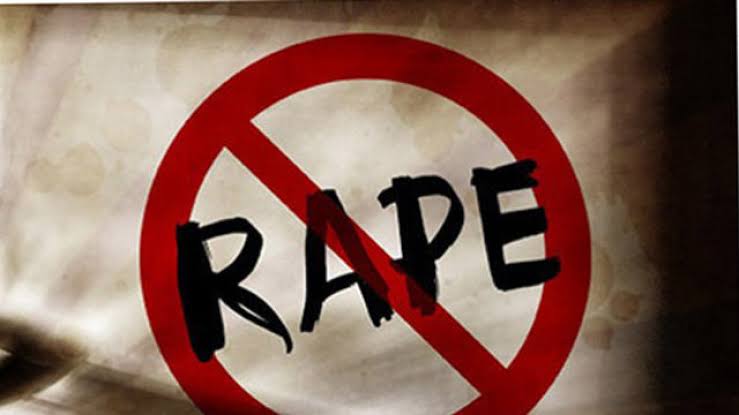
Another event that characterised the year was a spike in rape cases and gender-based violence. According to Pauline Tallen, minister of women affairs, over 3,600 rape cases were recorded during the COVID-19 lockdown. Tallen also said reports received from commissioners of women affairs across the 36 states showed that each state recorded at least 100 cases of rape during this period. A few of the rape incidents reported in 2020 can be found here, here, and here.
The increase of such cases led to renewed calls for stiffer punishments for offenders. In a bid to get justice for victims and curb incessant rape cases, states including Ekiti, Kaduna enacted laws to this effect.
In June, Kayode Fayemi, governor of Ekiti state, signed a bill protecting children from sexual violence. Fayemi also directed the ministry of justice to reaffirm the policy of opposing bail and rejecting plea bargain proposals from perpetrators of rape.
“The ‘Compulsory Treatment and Care for Child Victims of Sexual Violence Bill, 2020’ reaffirms our commitment not only to prompt medical care for child victims of sexual violence but also supports our resolve to achieve the effective prosecution of sex offenders,” he had said.
In July, the senate also passed a bill seeking to prohibit sexual harassment in tertiary institutions. The bill was reintroduced in the senate in 2019 following a spike in reports of sexual harassment in universities. Opeyemi Bamidele, chairman of the committee on judiciary and legal matters, who presented a report on the bill, had said the bill sought to tame the “hydra-headed monster” of sexual harassment and make the country’s institutions conducive for learning.
“It has been made an offence by removing mutual consent as a defence in prosecution of sexual harassment cases in tertiary educational institutions, and maintain relationship that exists between educators and students with the aim of making our tertiary institutions conducive centres of learning,” he said.
Also, in July, Abubakar Malami, attorney-general of the federation, disclosed that an inter-ministerial gender-based violence management committee will be set up to address the rising cases of rape in the country.
According to a statement by Umar Gwandu, his special assistant on media and public affairs, some of the tasks of the committee will include reaffirming the policy of opposing bail applications and rejecting plea bargain proposals from perpetrators of rape and child defilement.
“The Committee will be charged to proffer a synchronised approach to address all forms of violence against women and children in the country,” it reads in part.
Kaduna also enacted stricter penalties for rapists. The state penal code (amended) law 2020 was signed in September by Nasir el-Rufai, the governor. The provisions of the new law include bilateral salpingectomy (removal of the two fallopian tubes) for female convicts, and castration for male convicts. It also included death for offenders, while their names will be listed in the sex offenders register and published.
